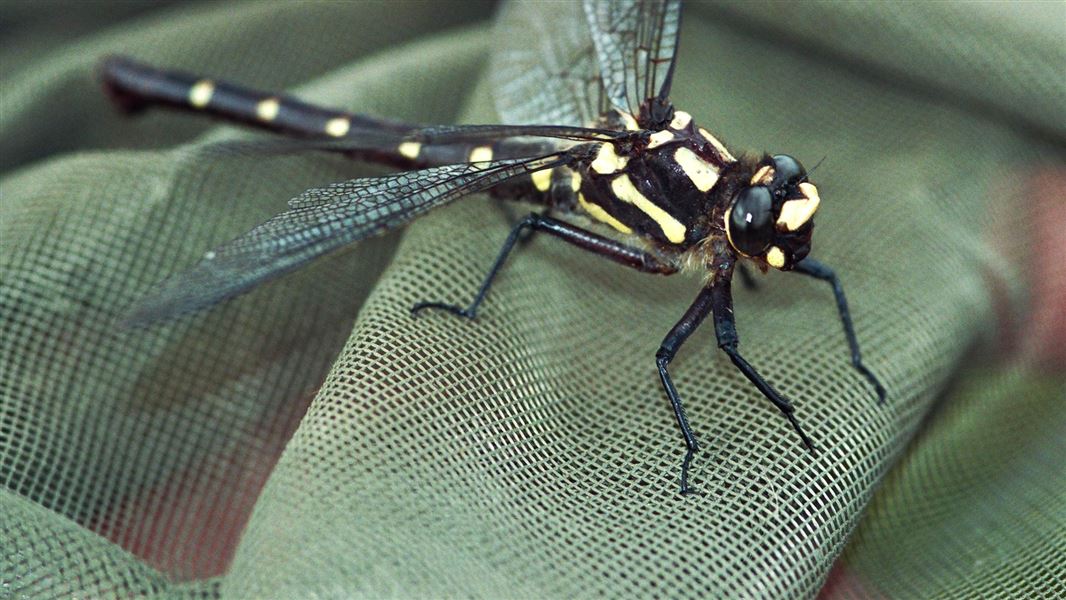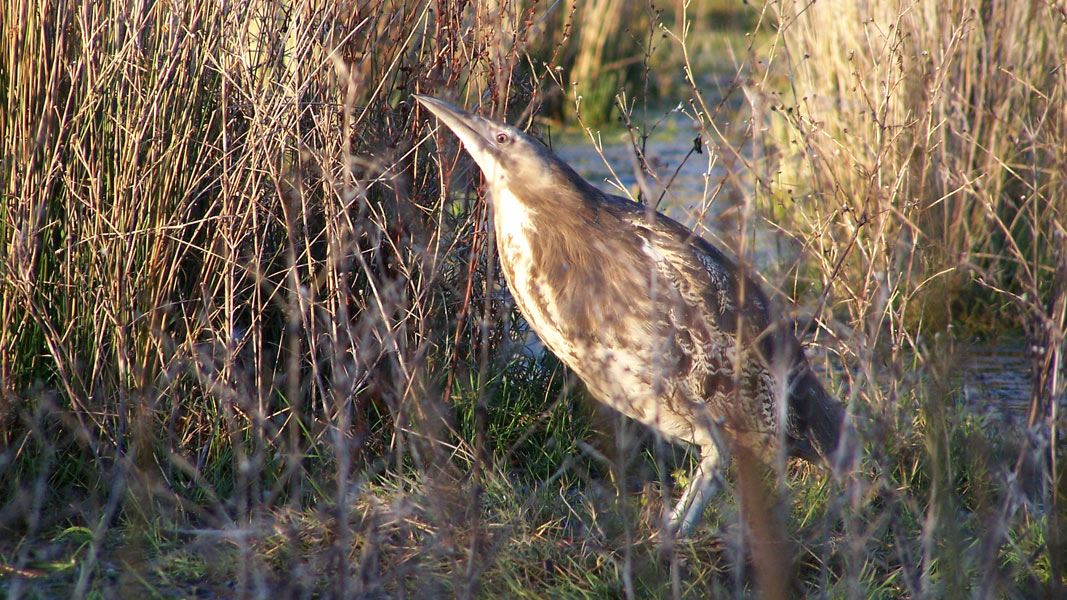For most of this term in Philosophy, we have been focusing on poetry, one of my most loved writing "style" hitherto. Beforehand, our class was tasked with looking at the different types of genres of poems. Some of them were the likes of: Free verse, Haiku, Epic poem, Lymeric, etc.
However, of all those poems that we have looked at, our teacher picked 3 out of; which were then Haiku (Japanese Origin - The it usually contains a verse pattern of 5, 7, 5); Lymeric (A humorous type of poem); the last one, Free Verse as suggested Free Verse could be anything that you could or may think of. Subsequent to that the class was then to watch videos and find words that may describe them; as a warm-up per se. Several sessions later it was then decided that we could choose a genre and an inspiration where we can base our poem on.
The first poem that I did was inspired by a photo of a mantis and a butterfly on a rose (photo will be shown below). Before anything else just like what we've done with the warm-up, we had to look for words that may describe what we see, feel, etc. But then, choose words that connect to it that may be more descriptive. Following that was writing our poems I chose mine to be Haiku; I wrote several but here is the one that I think were the best ones.
After which then we had to write a second poem; this one was inspired by one of my most favourite writer, Edgar Allan Poe. I loved his poem "The Raven" and based my poem of that. I have not really listed words like what I've done in the first poem but still used some quite descriptive words that I know.
Here are the poems:
Silently
The quite quiet breeze,
It merely puts me at ease.
Through this silent place, I hear everything.
A drop of water or a drop of a needle.
A shadow flew past, the silent bird
Still, everything was heard.
The faint noises,
Those dear voices,
From even a slight move of dirt.
Everything was heard.
As time fly by,
The noises vanish,
And there was nothing,
Rather, something,
Not nothing as there is and will always be something.
Though I thought it may have been absurd,
Everything was heard.
Something was breathing,
Strides of creatures,
Creatures that I may
or may not have been imagining.
It had not been solitary
They were a herd,
Everything was heard.
Then came volant murder of crows,
Warring and scowing,
Hostile, bellicose and war they stirred
Everything was heard.
The voices returned,
Loudly they came,
Sobbing and mourning,
Shouting and crying.
Though the voices were blurred
Everything was heard.
It filled my head,
Those voices, those noises,
I came to plug my ears.
As I then realised,
Nothing I heard was supposed to be heard.
Still, everything was heard...
My Opinion on Poetry:
I absolutely adore poetry, I have been reading them since I was little, not that I'm not little now. Recently I found a love for Haiku as well because of an 'educator'(what he liked to be called), named Richard. Who has introduced me to Haiku poetry the last term; thanks to him I absolutely love poetry now. Though the main reason for my love of poetry is, about how such a number of words can affect you in such a way that you might not even imagine, it is really wonderful, that feeling. Something that I cannot describe and for you to find out...

 Now following our movement on planting the trees and trying to prevent further climate change; it was decided that we may help by planting and helping the Charlesworth Reserve. Since New Zealand has been looking into stopping climate change by planting 1 billion trees by 2028. Charlesworth Reserve is named after Captain William Charlesworth who in his retirement bought land on Lyttelton and businesses on there as well; however, his main piece of land is on around Ferry road which was known as the Saxon Farm.
Now following our movement on planting the trees and trying to prevent further climate change; it was decided that we may help by planting and helping the Charlesworth Reserve. Since New Zealand has been looking into stopping climate change by planting 1 billion trees by 2028. Charlesworth Reserve is named after Captain William Charlesworth who in his retirement bought land on Lyttelton and businesses on there as well; however, his main piece of land is on around Ferry road which was known as the Saxon Farm. Charlesworth Reserve's goal is to restore the tidal wetland, coastal shrubs and forest. Which are important habitats to the native wetland birds as such as well as bush birds, lizard and native insects.
Charlesworth Reserve's goal is to restore the tidal wetland, coastal shrubs and forest. Which are important habitats to the native wetland birds as such as well as bush birds, lizard and native insects.








